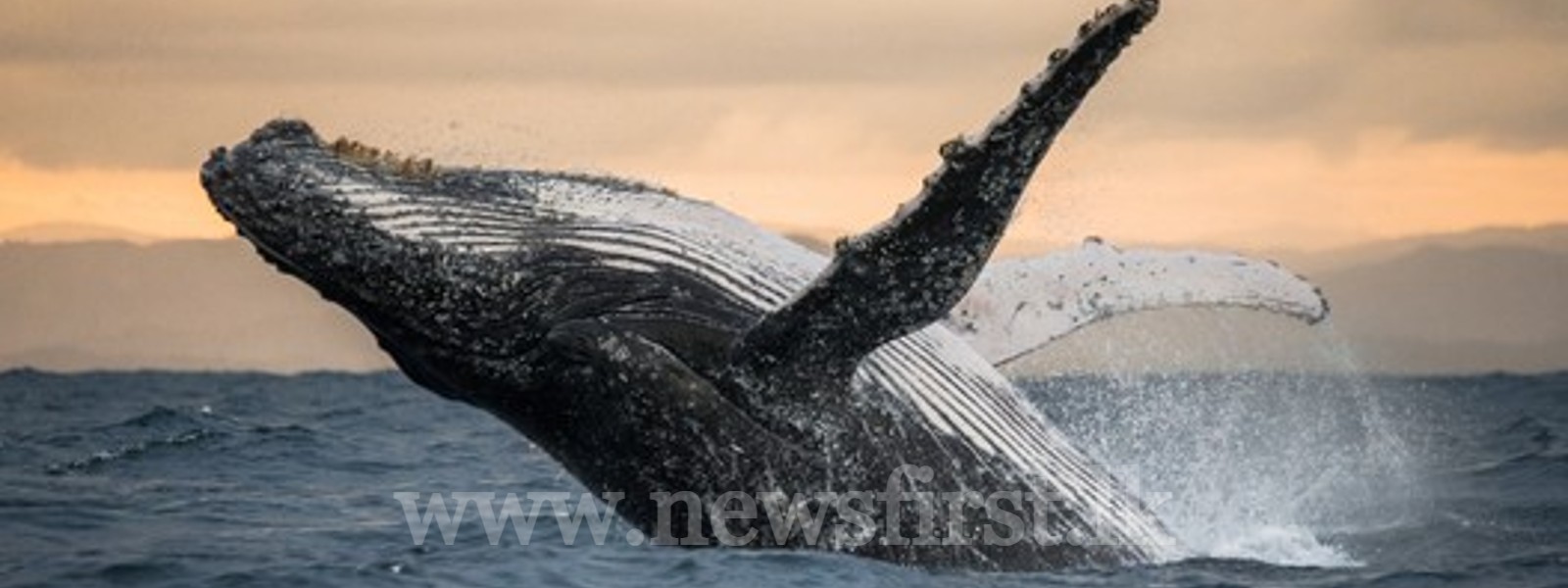.webp)

‘Giant obstacle course’: call to reroute major shipping lanes to protect blue whales
The Guardian: Scientists and conservation groups are calling for one of the world’s busiest shipping lanes to be rerouted in an effort to protect the world’s largest animal.
Since 2008, researchers have been painstakingly piecing together clues about a little-known, endangered population of blue whales that live off the southern tip of Sri Lanka.
What they have discovered so far hints at one group of cetaceans or even a sub-species. Rather than migrating vast distances like most blue whales, the Sri Lankan population is thought to live in the region year-round, grazing on tiny shrimps and communicating via distinctive vocalisations.
What has also become clear is the immense threat they face. The whales’ habitat overlaps with a major shipping artery that connects east Asia to the Suez Canal, leaving them vulnerable to ship strikes and noise pollution.
On an average day the whales face off against a relentless barrage of about 200 ships, many of them container ships or oil tankers that stretch up to 300 metres in length.
It is a clash playing out in increasing intensity around the world. Between 1992 and 2013, the shipping traffic swelled 300%, as maritime transport became a fixture in roughly 90% of world trade.
In Sri Lanka, the push is now on to tackle a “uniquely resolvable issue”, after research suggested that a small shift in the shipping lane could make a big difference to the whales.
“Studies indicate that if a shipping lane were to be established 15 nautical miles to the south of the current lane, the risk of collisions with blue whales would be reduced by 95%,” read the letter from the International Fund for Animal Welfare (IFAW), Great Whale Conservancy and OceanCare.
While there are no firm numbers on how many whales live in the area or how many have been killed by ships, in recent years several carcasses have turned up bearing signs of collision.
The rerouting would also benefit the country’s thriving whale-watching industry and small-scale fishing communities, whose boats have been spotted bobbing perilously close to mammoth vessels in the shipping lane.
The idea of moving shipping lanes is not without precedent. In 2007 officials in the US worked to shift a lane off the coast of Massachusetts, teasing apart the steady stream of container ships and tankers from the area’s fragile baleen and North Atlantic right whales. The move has been credited with reducing the risk of ships striking the whales by 81%.
Other Articles
Featured News





.png )










-797273_550x300.jpg)



















.gif)